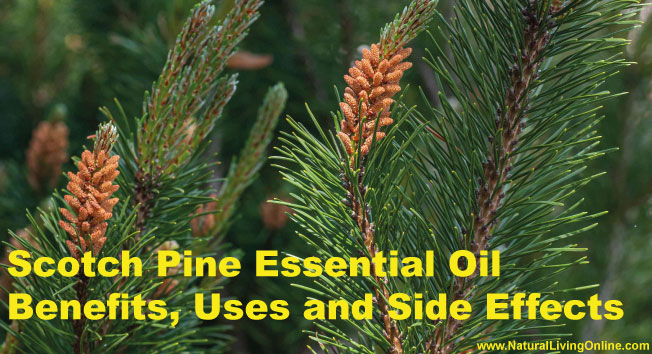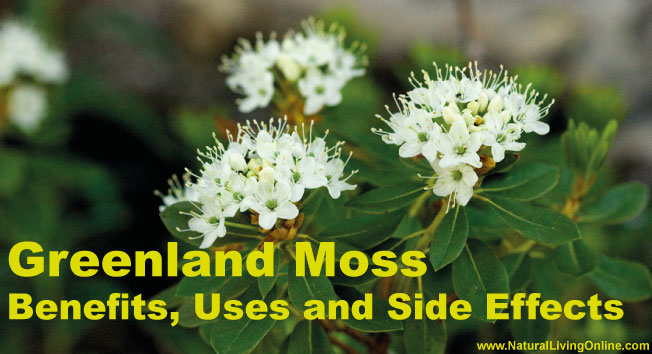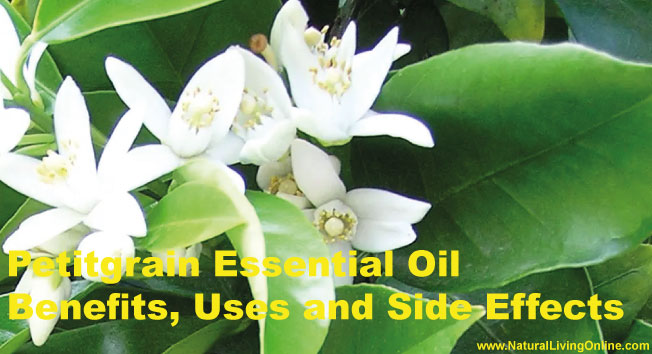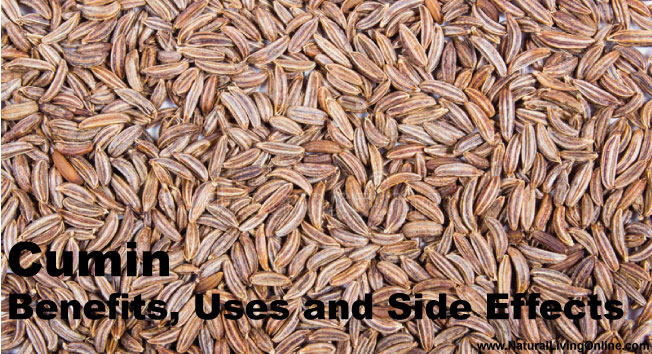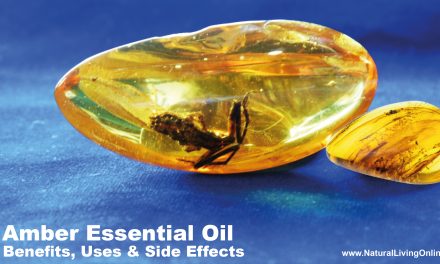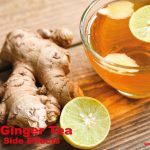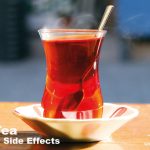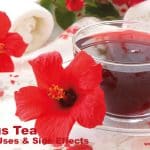Scotch pine essential oil is derived from the needles and twigs of the Scotch pine tree. The oil has a fresh, woody scent and is used for its medicinal properties. Its health benefits include its ability to relieve pain, reduce inflammation, improve circulation, boost the immune system, and fight respiratory infections. It is also used topically to treat skin conditions such as acne, eczema, and psoriasis.
Essential Oil Profile / Monograph
Botanical Name: Pinus sylvestris
Common Names: Scotch pine, Scots pine
Plant Family: Pinaceae
Countries of origin: Europe and Asia
Extraction Method: Steam distillation
Parts Used: Needles and twigs
Essential Oil smell: Woody, fresh, balsamic
Essential Oil Color: Clear to pale yellow
Viscosity: Thin
Perfumery Note: Middle
Strength of Aroma: Strong
Blends Well With: Cedarwood, rosemary, citronella, eucalyptus, and lavender
Therapeutic Properties: Analgesic, anti-inflammatory, anti-spasmodic, astringent, decongestant, diuretic, immunostimulant, rubefacient
Uses: Arthritis, bronchitis, colds, flu, muscle aches and pains, psoriasis, skin conditions
Contraindications: Avoid if having hypersensitivity to any of the components of pine needle oil.
Side Effects: Avoid during Pregnancy and breast-feeding
Chemical Constituents:
alpha-Pinene: 20-40%, beta-Pinene: 2-6%, limonene: 1-3%, myrcene: 0.5-2.5%, camphene: 0.5-2.5%, sabinene: 0.4-2%, terpinolene: 0.4-1.5%, alpha-Terpineol: 0.3-1%, linalool: 0.2-0.8%, beta-Phellandrene: 0.2-0.7%, gamma-Terpinene: 0.1-0.6%, cis-ocimene: 0.1-0.5%, trans-ocimene: 0.1-0.5%, phellandrene: 0.1-0.4%,
What is Scotch Pine?
Scotch pine (Pinus sylvestris) is a evergreen coniferous tree native to Europe and Asia. The Scotch pine tree can grow up to 50 feet tall and has reddish-brown bark that is scaly and flaky. The needles of the Scotch pine tree are 2-4 inches long and grow in pairs. The cones of the Scotch pine tree are cylindrical and 3-6 inches long.
The essential oil of the Scotch pine tree is obtained through steam distillation of the needles and twigs. Scotch pine essential oil has a fresh, woody scent and is pale yellow in color.
Benefits
The health benefits of Scotch pine essential oil are largely due to its high pinene content. Pinene is known for its anti-inflammatory, analgesic, and decongestant properties. This makes Scotch pine essential oil an effective natural remedy for conditions like arthritis, bronchitis, colds, and flu.
The limonene in Scotch pine essential oil helps to boost the immune system, while the myrcene has antispasmodic and astringent properties. These two components work together to help relieve muscle aches and pains.
The terpinolene in Scotch pine essential oil gives it its woody scent and also provides antiseptic and anti-inflammatory benefits.
Research indicate that Scots pine needles extract and essential oil exhibits some potential as chemopreventive or chemotherapeutic agent for mammary tumors unresponsive to endocrine treatment.
source
Uses
In the aromatherapy world, Scotch pine oil is used to relieve mental exhaustion and stress. It’s also said to boost energy levels, fight inflammation and improve circulation. When applied topically, Scotch pine essential oil is often used as a massage oil or added to baths. It’s also found in some skincare products, like soaps and lotions.
Historical use of Scotch Pine as a herbal medicine
The Scots pine has a long history of use as a herbal medicine. The tree was used to make a tea that was said to relieve colds and flu symptoms. The essential oil of the Scotch pine was also used topically to treat arthritis and skin conditions.
Topical use
Scotch pine essential oil can be used topically to relieve muscle aches and pains, as well as to treat skin conditions like psoriasis. To use, dilute the essential oil in a carrier oil and massage into the affected area.
Scotch Pine Essential Oil benefits for skin
The anti-inflammatory properties of Scotch pine essential oil make it beneficial for treating skin conditions like psoriasis. The oil can help to soothe and calm the skin, as well as reduce redness and inflammation.
Scotch Pine Essential Oil benefits for hair
Scotch pine essential oil can also be used to improve the health of your hair. The oil can help to stimulate hair growth and prevent hair loss. Additionally, the oil can help to keep your scalp healthy and free from dandruff.
Aromatherapy
Scotch pine essential oil can be used in aromatherapy to improve your mood and focus. The oil has a fresh, woody scent that can help to boost your energy levels and concentration. Additionally, the oil can help to reduce stress and anxiety.
Diffuser blends for aromatherapy with Scotch Pine Essential Oil
1. Energizing: 3 drops of Scotch pine oil, 2 drops of grapefruit essential oil, and 1 drop of rosemary essential oil.
2. Uplifting: 3 drops of Scotch pine oil, 2 drops of lemon essential oil, and 1 drop of cardamom essential oil.
3. Relaxing: 3 drops of Scotch pine oil, 2 drops of lavender essential oil, and 1 drop of chamomile essential oil.
4. Concentration: 3 drops of Scotch pine oil, 2 drops of rosemary essential oil, and 1 drop of peppermint essential oil.
5. Stress relief: 3 drops of Scotch pine oil, 2 drops of bergamot essential oil, and 1 drop of ylang ylang essential oil.
6. Immune support: 3 drops of Scotch pine oil, 2 drops of eucalyptus essential oil, and 1 drop of tea tree essential oil.
7. Balance: 3 drops of Scotch pine oil, 2 drops of geranium essential oil, and 1 drop of clary sage essential oil.
DIY recipes using Scotch Pine Essential Oil:
1. Muscle rub: Combine 1 tablespoon of coconut oil, 1 teaspoon of beeswax, and 5 drops of Scotch pine oil. Melt the ingredients together and massage into sore muscles.
2. Scalp treatment: Combine 1 tablespoon of jojoba oil, 1 teaspoon of apple cider vinegar, and 5 drops of Scotch pine oil. Massage into the scalp and leave for 15 minutes before shampooing.
3. Facial toner: Combine 1 cup of water, 1 tablespoon of witch hazel, and 5 drops of Scotch pine oil. Store in a glass bottle and use as a toner after cleansing your face.
4. Aromatherapy spray: Combine 1 cup of water, 1 tablespoon of vodka, and 10 drops of Scotch pine oil. Store in a glass spray bottle and use as an air freshener or to mist your pillow before bedtime.
5. Body scrub: Combine 1 cup of sugar, 1/4 cup of olive oil, and 10 drops of Scotch pine oil. Store in a glass jar and use as a body scrub in the shower.
Frequently Asked Questions
Who should not use Scotch Pine oil?
Pregnant women and young children should not use Scotch pine essential oil. The oil can be irritating to the skin and mucous membranes, so it is best to avoid using it if you are pregnant or have sensitive skin. Additionally, the oil can be toxic if ingested in large quantities, so it is best to keep it out of reach of children.
Does Scotch Pine oil interact with any medicine?
There is no known interaction between Scotch pine essential oil and medication. However, as with all essential oils, it is always best to consult with a healthcare professional before using any new products.
Can you use Scotch Pine oil everyday?
Yes, you can use Scotch pine essential oil every day. However, it is best to start with a small amount and increase the dosage gradually over time.
Is it OK to breathe in Scotch Pine oil?
Yes, it is safe to inhale Scotch pine essential oil. The oil can help to improve your respiratory function and reduce congestion.
How much Scotch Pine oil daily is safe?
The recommended dosage of Scotch pine essential oil is 1-2 drops per day. However, it is always best to start with a small amount and increase the dosage gradually over time.
Can I use Scotch Pine oil on face?
Yes, you can use Scotch pine essential oil on your face. However, it is best to start with a small amount and increase the dosage gradually over time.
References:
- Selectivity of Pinus sylvestris extract and essential oil to estrogen-insensitive breast cancer cells Pinus sylvestris against cancer cells
- Pinus sylvestris L. and Syzygium aromaticum (L.) Merr. & L. M. Perry Essential Oils Inhibit Endotoxin-Induced Airway Hyperreactivity despite Aggravated Inflammatory Mechanisms in Mice
- Bioactive Properties of the Aqueous Extracts of Endophytic Fungi Associated with Scots Pine (Pinus sylvestris) Roots
This website does not provide medical advice.
All information provided on this website, and on associated social media networks, including but not limited to texts, images, and numbers are for general information purpose only. It is not intended as medical advice and it does not include all possible precautions, side effects, or interactions that may occur. Neither NaturalLivingOnline.com nor its author/founder take responsibility for how you use this information. Statements contained on NaturalLivingOnline.com have not been evaluated by the FDA. You should conduct thorough research via multiple sources and consult your physician or qualified doctor before using any essential oil or herbal remedy. Information on NaturalLivingOnline.com must not be relied upon for medical, legal, financial or other decisions.

